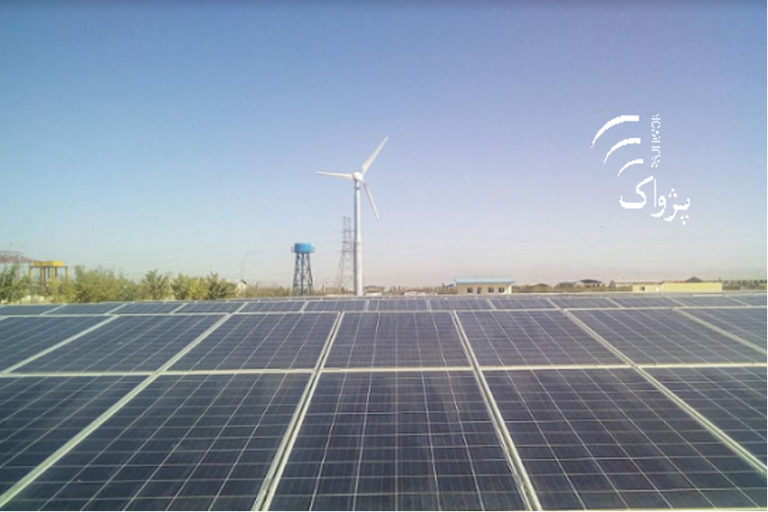Nigeria, often referred to as the “Giant of Africa,” boasts a vast and dynamic transportation sector pivotal to the country’s economic growth and societal development. As cities expand, the need for mobility increases, but so do vehicular emissions. Motor vehicle emissions account for over 75% of greenhouse gases in developing countries like Nigeria.
According to data from the National Bureau of Statistics, Nigeria had approximately 11.8 million vehicles in 2018, comprising commercial (57.70%), private (40.98%), and government/diplomatic (1.32%) vehicles. This number rose to 13 million by April 2021. Under a “business as usual” (BAU) scenario, Nigeria is projected to emit around 453 MtCO₂eq by 2030.
Alarmingly, the Nigerian government projects that GHG emissions from the transport sector could rise by 50% by 2035 and nearly double by 2050 under the BAU scenario. In 2022, transportation was responsible for 61% of the country’s CO₂ emissions, underscoring its critical role in environmental sustainability efforts.

(International Energy Agency, CC BY 4.0)
Vehicles primarily derive their energy from fossil fuel combustion, emitting harmful gases like carbon dioxide (CO₂), nitrogen oxides (NOₓ), and particulate matter (PM). These emissions contribute to poor air quality, especially in urban areas, exacerbating respiratory diseases, cardiovascular problems, and increasing healthcare burdens.
Nigeria’s Nationally Determined Contributions (NDCs) under the Paris Agreement aim to reduce greenhouse gas emissions across multiple sectors, including transportation. The government’s “Convert Now, Pay Later” compressed natural gas (CNG) initiative is a step toward sustainable energy use, allowing vehicle owners to convert petrol-powered cars to CNG without upfront costs. This policy reduces emissions, lowers fuel expenses, and aligns with Nigeria’s transition to greener energy sources.
Economic and Environmental Benefits of CNG Adoption in Nigeria
Economic Benefits: A Catalyst for Sustainability
Adopting compressed natural gas (CNG) in Nigeria offers substantial economic benefits. Shifting to CNG reduces reliance on costly and unsustainable fuel subsidies, freeing up government funds for critical sectors like education, healthcare, and infrastructure development.
Boosting domestic CNG production enhances energy security and reduces dependence on imported fuels. By leveraging its abundant natural gas reserves, Nigeria can stimulate local industries, create jobs, and attract investments in clean energy infrastructure. These developments align with global examples, such as India, where CNG adoption has simultaneously advanced economic and environmental goals.
Environmental Benefits: A Critical Step Toward NDC Targets
CNG adoption also has transformative environmental benefits. As a cleaner alternative to petrol and diesel, CNG emits significantly lower levels of CO₂ and virtually eliminates particulate matter, reducing air pollution and improving public health.
This transition aligns with Nigeria’s commitment to achieving net-zero emissions by 2060, particularly since transportation accounts for a significant portion of the country’s emissions. Cleaner air in cities like Lagos, Abuja, and Port Harcourt would enhance public health, reduce healthcare costs, and boost workforce productivity, further reinforcing economic gains.
Reciprocal Necessity: Environmental and Economic Synergy
The relationship between economic and environmental benefits is reciprocal. Economic growth driven by CNG production supports investments in cleaner transportation infrastructure, while environmental improvements ensure the sustainability of these economic activities. This synergy is vital for Nigeria’s NDC targets, which require comprehensive strategies addressing both environmental and economic challenges.
Challenges
- Limited CNG Infrastructure:
Insufficient CNG refueling stations hinder large-scale adoption, especially in rural and underserved areas. - Public Awareness and Acceptance:
Limited knowledge about the benefits of CNG and skepticism toward new technologies could slow adoption rates. - Policy and Enforcement Gaps:
Weak regulatory frameworks and the absence of mandatory emission testing reduce the urgency and compliance needed for impactful changes. - Cost and Technological Barriers:
High vehicle conversion costs and limited technological expertise present additional hurdles, compounded by Nigeria’s dependence on petroleum.
Recommendations
- Expand CNG Infrastructure:
Encourage private investment in CNG refueling stations and seek international partnerships for financial and technical support. - Launch Public Awareness Campaigns:
Educate citizens on the environmental and economic benefits of CNG through media, schools, and community programs. - Strengthen Policy Frameworks:
Implement stricter vehicle emission standards and mandatory testing, with clear penalties for non-compliance. - Provide Financial Incentives:
Offer subsidies for vehicle conversion and tax breaks for companies investing in CNG infrastructure. - Foster International Cooperation:
Collaborate with countries like India and Brazil to adopt best practices and secure climate finance for sustainable transportation projects.
A Pivotal Step Forward
Adopting CNG in Nigeria’s transportation sector is not just a policy choice; it is a necessity for achieving climate and economic goals. By addressing environmental sustainability and economic resilience together, CNG adoption can create a more sustainable and prosperous future. This transition represents a vital step in fulfilling Nigeria’s NDC commitments and positioning the country as a leader in sustainable transportation within Africa and beyond.











+ There are no comments
Add yours